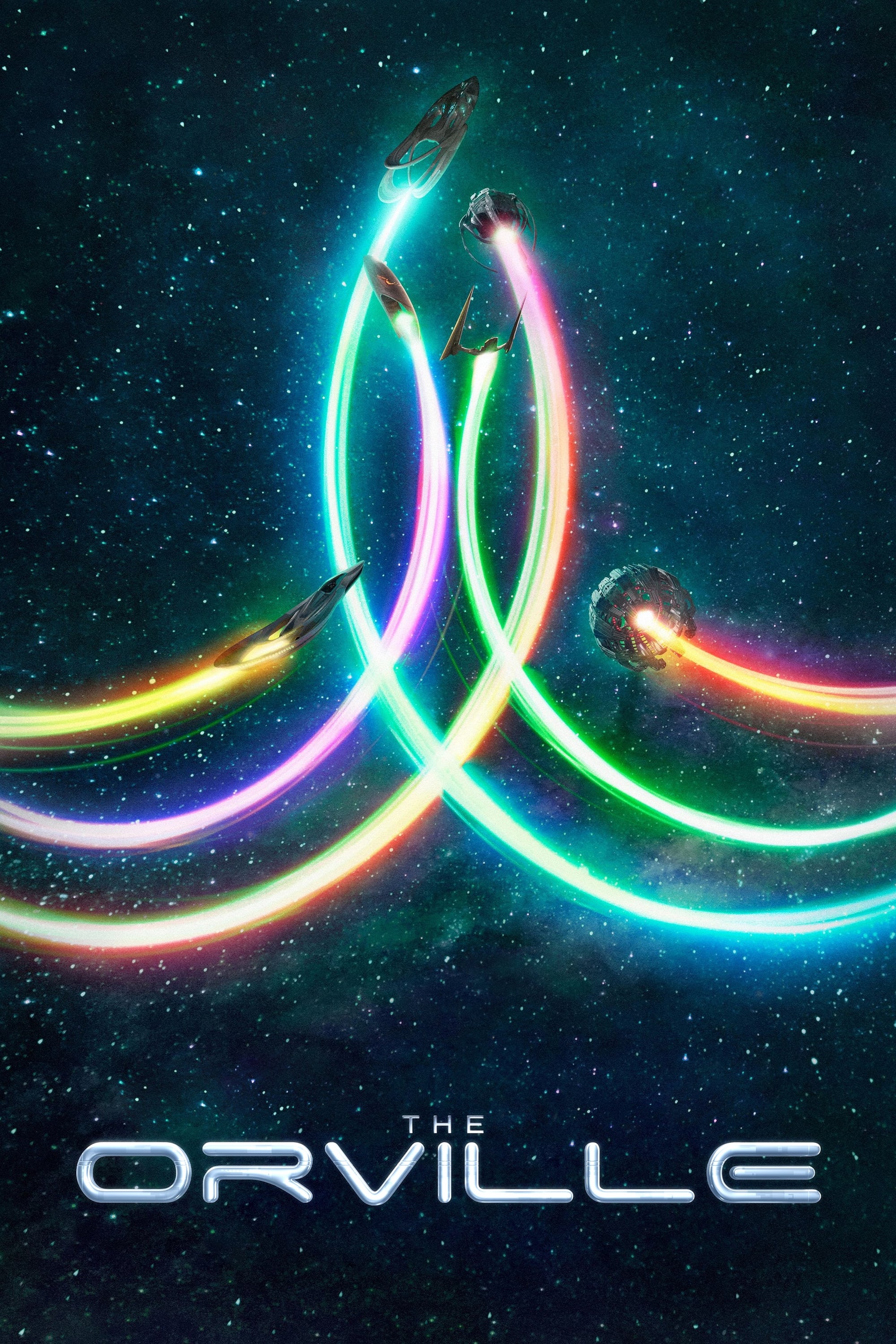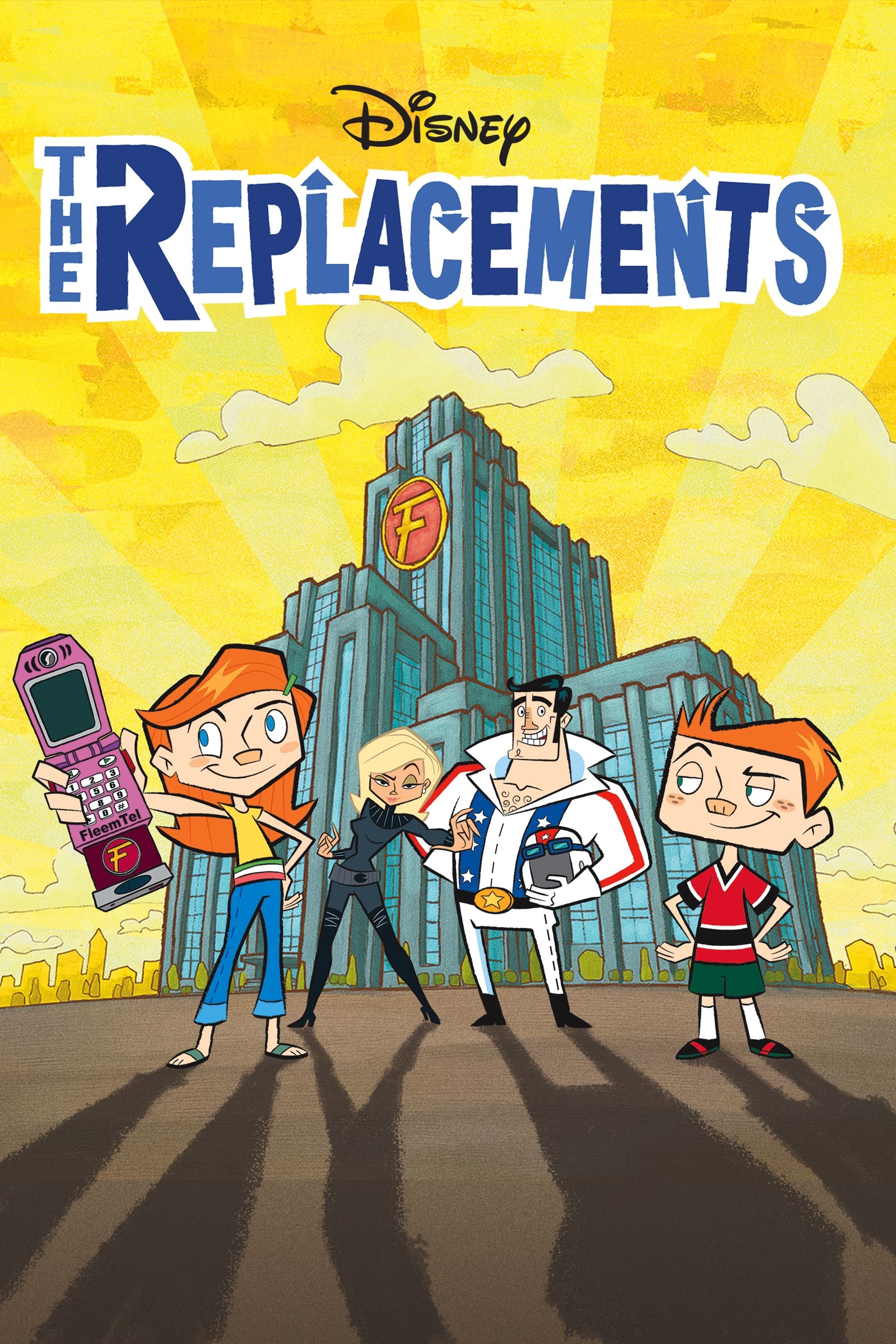
Tokyo Metropolitan Symphony Orchestra, Eliahu Inbal – Mahler: Symphony No. 6 ‘Tragic’ (2014)
DSF Stereo DSD64/2.82MHz | Time – 01:20:50 minutes | 3,18 GB | Genre: Classical
Source: ISO SACD | © Exton / Octavia Records Inc., Japan | Front Cover
Exton Laboratory Gold Line SACD! :: Eliahu Inbal conducts the Tokyo Metropolitan Symphony Orchestra for this one point microphone recording of Mahler’s Sixth Symphony. Mahler composed the Sixth Symphony between 1903 and 1904. He conducted the work’s first performance at the Saalbau concert hall in Essen on May 27, 1906.
This Exton Laboratory Gold Line Hybrid Stereo disc is a high quality non-compressed Japanese SACD. Recorded on a custom Sony DSD recorder, this audiophile SACD is packaged in an XRCD-like luxury digipak. Superior quality Japanese SACD, manufactured in Yokohama, Japan. Only the best recordings – technically and artistically!
Read more
Miah Persson, Budapest Festival Orchestra, Ivan Fischer – Mahler: Symphony No. 4 (2009)
DSF Stereo DSD64/2.82MHz | Time – 56:40 minutes | 1,03 GB | Genre: Classical
Official Digital Download – Source: nativeDSDmusic | Digital Booklet | © Channel Classics Records B.V.
There is a unique purity and transparency in Mahler’s 4th Symphony. The enchanting slay bells take us to his inner child, to his dreams of angels, fairy tales, angst and pure, divine love. This child-like symphony needed a different orchestra: no dark tuba, no heavy trombones, no large arsenal of massive brass. A chamber orchestra in fact, where the clarinets act as mock trumpets, the solo violin tunes his strings sharper in order to scare us and the lightness of the whole orchestra lifts us up to his lovely, childish vision of paradise. –Iván Fischer
Read more
Elizabeth Watts, Netherlands Philharmonic Orchestra, Marc Albrecht – Mahler: Symphony No. 4 (2015)
DSF Stereo DSD64/2.82MHz | Time – 57:50 minutes | 2,28 GB | Genre: Classical
FLAC (tracks) 24-bit/88,2 kHz | Time – 57:50 minutes | 951 MB
Studio Masters, Official Digital Download – Source: nativeDSDmusic | Booklet, Front Cover | © Pentatone Music B.V.
Mahler’s Symphony No. 4 portrays another side of the composer, different to the one hitherto seen by the general public. No major battles are fought in this symphony; rather, it is a portrayal of a childlike vision of life and a better world in the Hereafter. Mahler’s Dutch friend and colleague, Alphons Diepenbrock, may well have provided the most fitting description of the nature of this symphony and its position within Mahler’s oeuvre: “[…] in his Symphony No. 4, he exclusively praises the sensations of the soul, severed from all earthly ties, from various angles ⎯either as childish yet unearthly merriment, or as the highest ecstasy attained by mystics in bygone years during the contemplation of the divine. However, one should not search for irony here. The work is like a beautiful dream, an indispensable link in the series of Mahler’s nine symphonies that speak sufficiently of harsh reality, and that, according to some, will one day be considered the monumental musical oeuvre of the present day.”
Read more
Budapest Festival Orchestra, Ivan Fischer – Mahler: Symphony No. 2 ‘Resurrection’ (2006)
DSF Stereo DSD64, 1 bit/2,82 MHz | Time – 01:22:19 minutes | 3,24 GB | Genre: Classical
Studio Masters, Official Digital Download – Source: nativeDSDmusic | Booklet, Front Cover | © Channel Classics Records B.V.
‘Resurrection’ (1894) is a gigantic work of enormous proportions, extreme contrasts, and a score that surpasses even his First Symphony from two years earlier. Ten horns, eight trumpets, two harps, organ, five percussionists, two vocal soloists (soprano and alto), as well as a large mixed chorus, fill the podium. And behind all this, invisible, is a ‘Fernorchester’ (distant orchestra) as a symbol of ‘the resurrection’. The work lasts for some 80 to 85 minutes, twice as long as Brahms’s Fourth or the Franck and D’Indy symphonies of the same period. And relative to a Haydn or Mozart symphony, there is a tripling in size. Only Bruckner approaches it in the length department with his Fifth and Eighth, each lasting about 75 minutes. But then Mahler, in this symphony, is dealing with the themes of life, death, and resurrection, and he took whatever space he felt that he needed. There is a strangely sharp contrast between the untroubled key of C major and the dark and turbulent contents of the work. It has been suggested that the theme of life, death, and resurrection was borne in on Mahler on the occasion of the funeral of the great conductor Hans von Bülow in 1894. In any case, the words of Klopstock that were read on that occasion are the same ones that Mahler used that year for the apotheosis (last movement) of his Second Symphony: “Aufersteh’n, ja aufersteh’n wirst du, mein Staub, nach kurzer Ruh unsterblich Leben wird der dich rief gegeben.” (Thou shalt arise, yes, arise, my dust, after a brief slumber, thou shalt be called to immortal life). And Mahler expanded the text further with his own words: “O glaube, mein Herz. Es geht dir nichts verloren. Dein ist was du gesehnt. Dein, was du geliebt, was du gestritten. O glaube: Du wardst nicht umsonst geboren. Hast nicht umsonst gelebt, gelitten.” (O have faith, my heart. Nothing shall be lost to thee. What thou hast longed for is thine. Thine remains, what thou hast loved, what thou hast battled for. O have faith: thou wast not born for nothing. Thou hast not suffered in vain.) From liner notes (Clemns Romijn)
Read more
Budapest Festival Orchestra, Ivan Fischer – Mahler: Symphony No. 1 ‘Titan’ (2012)
DSF Stereo DSD64, 1 bit/2,82 MHz | Time – 55:28 minutes | 2,2 GB | Genre: Classical
FLAC (tracks) 24-bit/88,2 kHz | Time – 55:28 minutes | 975 MB
Studio Masters, Official Digital Download – Source: nativeDSDmusic | Booklet, Front Cover | © Channel Classics Records B.V.
‘In full sail’ (Mahler’s original title for the second movement) could be a motto for the whole symphony. Here is the young Mahler, full of optimism. We hear his loveof nature and beauty, and his childhood memories. Fragments of distant military music, birdsong and Yiddish folk tunes come to his yet untormented mind. These episodes are real jewels, especially the Viennese trio in the second movement, the briefKlezmer music, then the Schubert-like Lied (did he have the Lindenbaum in mind?) in thethird; and the poetic, gentle melody that interrupts the stormy final movement.Admirable too is the architecture, as the composer completes his journey from hell to paradise, “dall’inferno al paradiso”, in the footsteps of his idol Beethoven. Mahler was in his late twenties when the world made acquaintance with his first symphony. It was in the Hungarian capital Budapest, and circumstances were difficult.In the diffuse acoustics of the Vigadó Hall, surrounded by hatred and mistrust, Mahler experienced his first major flop. Since then, at each performance I feel that we Hungarians have a moral duty to convince audiences that this is a perfect and exceptionally beautiful masterpiece. –Iván Fischer
Read more
Macy Gray – The Trouble With Being Myself (2003)
DSD128 (.dsf) 1 bit/2,82 MHz MHz | Time – 49:01 minutes | 1,93 GB
or FLAC (tracks) 24 bit/88,2 kHz | Time – 49:01 minutes | 1,02 GB | Genre: R&B, Soul
Studio Master, Official Digital Download – Source: AcousticSounds | Front Cover | © Epic
DSD file created by Gus Skinas from the original Sony Super Audio CD cutting masters.
In 1999, Macy Gray stepped onto the scene with her critically-acclaimed debut, On How Life Is. She would eventually become a Grammy Award winner and sell over nine million albums worldwide with On How Life Is and The ID. The Trouble With Being Myself is the third album from Macy. Once again, she hits us with that raspy but sexy voice that’s become so recognizable.
“I love it, it’s definitely the best album that I’ve made.” — Macy Gray
Read more
Maarten Ornstein, Tony Overwater, Wim Kegel – Jungle Boldie (2010/2015)
DSD64 (.dsf) 1 bit/2,82 MHz | Time – 51:57 minutes | 2,05 GB
FLAC (tracks) 24-bit/96 kHz | Time – 51:57 minutes | 1,1 GB
Genre: Jazz | Studio Masters, Official Digital Download – Source: NativeDSDmusic | Booklet, Front Cover | © Turtle Records
The Jungle Boldie consists of three of Hollands most renowned jazz musicians. Overwater, Ornstein and Kegel met at the Royal Conservatory in the Hague during their studies and have been playing together ever since. They have the shared vision of what it is to play and perform ‘free’ music in the true sense of the word – creating a joyful interplay without any assumptions. “Jungle Boldie” features a pure sound painted by this unity, from the heart – in the strumming of strings,in the striking of sticks, in the sliding of screams.
Read more
Rachel Podger, Jane Rogers – Wolfgang Amadeus Mozart, Michael Haydn – Duo Sonatas (2011)
DSF Stereo DSD64/2.82MHz | Time – 01:12:51 minutes | 2,87 GB | Genre: Classical
Source: ISO SACD | © Channel Classics Records B.V. | Front Cover, Booklet
The Duos for Violin and Viola by Mozart have long been favourite pieces of ours – pieces we’d take out and play when there wasn’t a keyboard player or cellist to hand, or busk as teenagers to earn extra pocket money. Back then, the audience’s response clearly indicated how appealing these pieces were as our takings always doubled when we played them!These works never cease to amaze – Mozart uses the two instruments so effectively and with such exquisite craftsmanship that he never leaves one wondering where the rest of the string quartet might have gone….They are also hugely engaging to play and so endlesslyrich and interesting that the appeal to the listener is guaranteed. Mozart’s reference to other genres is always fascinating. In this case the writing is dramatic, operatic even (the violin taking the role as soprano diva (!) and the viola as the heroic tenor?!). One could perhaps go as far to say that these duos are distillations of the art of chamber music as in the Haydn quartets, but more naturally recreational and less self-conscious.For a violist they are about as exposed as you can be; hitherto very few sonatas or concerti had been written for solo viola – and the accompaniment would seldom have been as scant as a single violin. The conversational and imitative nature of the writing allows for freedom andcharacterization, and it was refreshing and rewarding to be as spontaneous as possible in the recording sessions. It was also a diverting and enjoyable experience to record two of the Michael Haydn duos, previously unknown to us both. The character of these pieces is often reminiscentof Austrian folkmusic and it really seems as if you can hear the yodelling vernacular bouncing off the mountains in timely echoes. The challenges in these works are quite different to those of his friend Wolfgang – the demands placed on the violinist are obvious as the writing is busy,yet in need of a casual fluidity, whereas the violist has the task of being constantly inventive with material which is largely accompanimental (melody and bass, in effect). Who knows?Maybe Wolfgang and Michael tried these out during Mozart’s visit to Salzburg when he helped his friend complete a set of six Sonatas in 1783.Rachel & JaneDuos for Violin and Viola
Read more
Rachel Podger, Pavlo Beznosiuk, Orchestra of the Age of Enlightenment – Mozart: Sinfonia Concertante; Haydn: Violin Concerti 1 & 4 (2009)
DSF Stereo DSD64/2.82MHz | Time – 01:08:06 minutes | 2,68 GB | Genre: Classical
Source: ISO SACD | © Channel Classics Records B.V. | Front Cover, Booklet
It was a joy and an honour to record Mozart’s Sinfonia Concertante – such a beautifully crafted masterpiece with those memorable, elegant and distinctive themes in the first movement and both soloists weaving in and out of symphonic textures, the remarkable poignancy of the second movement with its dramatic dialogue which is then dispersed by sheer delight and comic playfulness in the Presto.Delving into these moods was personally enriching and helped me gain a little bit more insight into Mozart’s genius and being. Pavlo and I had the extreme good fortune to play a Strad each! Generously loaned to us by the Royal Academy of Music for this project, we savoured every minute of having these esteemed and valuable instruments in our hands! ‘Mine’ is a proud instrument which demands careful negotiation and warming before it will expose it’s beautiful colours. An amazing experience in itself to play an instrument like this, it was even more of an event when the two Strads met and ‘spoke’ to each other with a feeling of being acquainted, perhaps not for the first time…
Violinist Rachel Podger has secured a name for herself as a master interpreter and performer of all things Baroque and early Classical. Her recent recordings of the complete Mozart violin sonatas thrust her career forward from her already prestigious beginnings as a member of the Palladian Ensemble and Florilegium. This Channel Classics album finds Podger in front of the innovative Orchestra of the Age of Enlightenment performing two Haydn concertos written during his time in the employ of the Esterházy family, as well as the instantly recognizable Mozart Sinfonia Concertante. Written for Luigi Tomasini, the concertmaster of the Esterházy Court Chapel, the two concertos are filled with dazzling pyrotechnic displays and soulful, sustained melodies, characteristics that play to Podger’s strengths. Any hints of stuffiness or rigidity conjured up when thinking of period instrument performances are at once dispelled with Podger’s vitally enthusiastic but well-controlled approach to her instrument. The Orchestra of the Age of Enlightenment likewise focuses on spontaneity, vibrancy, and beauty of tone. Joined by violist Pavlo Beznosiuk, the Mozart Sinfonia Concertante is treated with similar energy and excitement. A change of instrument, bow, and strings results in a warmer, more hushed tone from Podger that provides a nice contrast to the brightness heard in the Haydn. Keen listeners will also notice that the viola is tuned a half-step higher than usual, which was indicated in Mozart’s original score. The result here is a brighter, more clearly projecting instrument.
Sergei Filchenko, Alexandra Nepomnyashchaya – Mozart: Sonatas For Piano & Violin (2009) MCH SACD ISO

Sergei Filchenko, Alexandra Nepomnyashchaya – Mozart: Sonatas For Piano & Violin (2009)
SACD Rip | SACD ISO | SACD DSD64 2.0 & 5.0 > 1-bit/2.8224 MHz | 01:05:16 minutes | 3,31 GB
Genre: Jazz | Front Cover, Digital Booklet | © Caro Mitis/Essential Music
Russia’s Caro Mitis label has staked out territory in both the audiophile and the authentic-performance realms, and the label has often accomplished releases that combine its two strengths. The present release, featuring fortepianist Alexandra Nepomnyashchaya (say that fast five times) playing one of the very clean-sounding Walter fortepiano replicas by Belgian builder Chris Maene, offers a good example. Nepomnyashchaya and violinist Sergei Filchenko, playing a 1738 Florentine violin in the two outer sonatas and a Jacob Stainer instrument that produces a haunting effect in the Sonata in E minor, K. 304, deliver really compelling performances of these very familiar sonatas, with the sharp contrasts historical instruments can bring. The Sonata in G major for piano and violin, K. 379, has a very restless central fast movement and a lightly graceful theme and variations that give the listener the impression that the two have rethought the work from the ground up. Nepomnyashchaya applies added ornamentation in the slow movements and the variation finale of the G major sonata, always tastefully and carefully done, and the performers bring a real sense of spontaneity to the interaction between piano and violin that attracted reviewers and customers to these pieces in the 18th century; they push the tempo a bit but keep the expressive dimensions intimate. A very fine recording of some well-worn sonatas. Notes, in a rather breathy old-fashioned mode, are in English, Russian, and German.
Read more
Ute Lemper – Time Traveler (2023)
FLAC (tracks) 24 bit/96 kHz | Time – 40:49 minutes | 815 MB | Genre: Vocal Jazz, Jazz
Studio Masters, Official Digital Download | Front Cover | © Jazzhaus Records
Ute Lemper, the New York-based German singer and dancer, is renowned for her interpretations of Brecht Weill songs; she slipped into the skin of Marlene Dietrich and has made a name for herself worldwide as a musical performer and specialist for the repertoire of the 1920s. “Time Traveler” is not the first album on which Ute Lemper sings her own material and yet, since the story of this collection of songs already began 23 years ago, it is a turning point in her self-perception.
Read more
City of Birmingham Symphony Orchestra, University of Birmingham Voices – Stanford: Requiem (2023)
FLAC (tracks) 24 bit/96 kHz | Time – 01:14:24 minutes | 1,29 GB | Genre: Classical
Studio Masters, Official Digital Download | Front Cover | © Hyperion Records
Recorded in association with a live performance from Birmingham’s Symphony Hall in 2022, this account of Stanford’s Requiem from Martyn Brabbins and massed Birmingham forces thrillingly captures all the grandeur and intimacy of a neglected choral epic.
Read more
TV Priest – My Other People (2022)
FLAC (tracks) 24 bit/44,1 kHz | Time – 41:22 minutes | 486 MB | Genre: Alternative Rock, Post-Punk
Studio Masters, Official Digital Download | Front Cover | © Sub Pop Records
TV Priest were only about a year old when they cut their first album, 2021’s Uppers, and while it was a powerful and effective debut, the group’s stylistic similarities to Protomartyr were painfully obvious, and it sometimes felt like they were still working out their own creative identity. Sixteen months later, with some touring under their belts, the band’s template has changed a bit on their second LP, 2022’s My Other People. The harsh, jagged guitar figures of Alex Sprogis and the heavyweight rhythm section of Nic Bueth (bass) and Ed Kelland (drums) once again create a wall of sound that vocalist Charlie Drinkwater plows through with his powerful voice and blank-verse lyrics, just as they did on their first long player. That’s not all they can do, though, and My Other People sees the band adding additional levels to their game. The languid and understated “Limehouse Cut” is built around moody synthesizer lines punctuated by slinky bass, “The Happiest Place on Earth” strips away Sprogis’s usual attack in favor of acoustic guitar, and “The Breakers” could almost pass for a pop song in its relatively gentle melodic framework. Most of the time, TV Priest are in attack mode here, but even then, their approach has grown a bit more artful, such as the dramatic build to an explosive climax on “Unraveling,” and “One Easy Thing” leaves just enough room in the arrangement for the shards of guitar to stand out in greater relief. One thing that hasn’t changed is Drinkwater, who still writes and hectors like Joe Casey gone to London on an exchange program. His saving grace on Uppers was that he was very good at what he was doing, and he’s only improved on My Other People, reciting with an authority and edgy energy that makes the instrumentalists feel even more powerful (and vice versa). TV Priest are still working on an individual sound judging from My Other People, and at the same time they’re growing into a more accomplished and interesting band, and their obvious talent makes them an act only a fool would ignore. – Mark Deming
Read more
Trio Wanderer, Catherine Montier, Christophe Gaugué – César Franck: Violin Sonata, Piano Trio No.1 & Piano Quintet – Vierne: Piano Quintet (2023)
FLAC (tracks) 24 bit/192 kHz | Time – 01:58:21 minutes | 4,10 GB | Genre: Classical
Studio Masters, Official Digital Download | Front Cover | © harmonia mundi
The Trio Wanderer follows up its multi-award- winning Schumann set with an exploration of the fascinating world of César Franck.
The gulf between his youthful trios and the prodigious works of his maturity reveals a fundamental turning point in the history of French chamber music.
Continuing along the trail that Franck blazed with such brio, Louis Vierne’s deeply moving Quintet offers an echo of the older man’s work.
Read more
Trio Agora – Hotel Tango (2023)
FLAC (tracks) 24 bit/96 kHz | Time – 01:11:50 minutes | 1,27 GB | Genre: Classical
Studio Masters, Official Digital Download | Front Cover | © Accentus Music
With their highly anticipated album “Hotel Tango” Trio Agora invites us on a journey through the history and development of the tango. From its roots to its manifold manifestations worldwide, the trio presents tango as a unique mixture of European, South American and African idioms. With arrangements and dedicated compositions, the trio explores the genre from a personal perspective. Look forward to a reimagined version of Astor Piazzolla’s “Las cuatro estaciones porteñas,” works of Stravinsky, Gardel, Ravel, Ginastera and more.
Read more
























